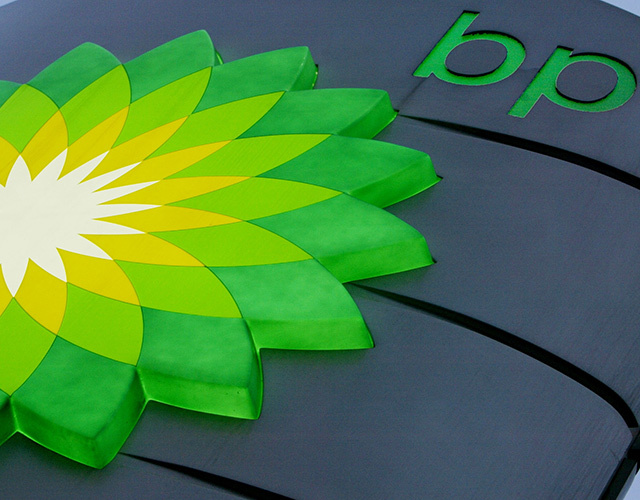
BP is expected to reveal a surge in annual profit this week, as higher crude prices and declining costs drive the oil giant’s recovery.
The company is forecast to have raked in around £4.2 billion in underlying replacement cost profit – BP’s preferred income measure – in 2017, a notable improvement on the £1.8 billion reported in 2016.
That figure is based on consensus forecasts for £1.3 billion in underlying fourth quarter profits, on top of the £2.9 billion booked in the first nine months of the year.
There is also potential for BP to swing to a profit on the replacement cost profit measure alone, which in 2016 showed a loss of £702 million.
BP is among a string of oil majors benefiting from climbing oil prices, having seen Brent crude hit $70 per barrel last month – its highest level in more than three years.
The global oil benchmark slipped below $30 per barrel as recently as 2016 as weaker demand and a global energy glut driven by the rise of shale gas took their toll.
The company’s own share price has recovered broadly in line with global energy prices, having jumped from 290p per share in January 2016 to where they sit at around 501p today.
But Nicholas Hyett, equity analyst at Hargreaves Lansdown, said other factors were at play, such as declining costs linked to the Deepwater Horizon disaster.
He said: “Fortunately BP’s recent performance isn’t driven solely by a more favourable oil price environment.
“Although costs relating to the Deepwater Horizon oil spill are set to be higher than originally expected this year, at £2.1 billion rather than £1.4 billion, charges for the disaster are finally starting to decline.
“That should free up significant cash flow for reinvestment and debt reduction.”
Last month the oil giant announced that it would book another £1.2 billion charge from the 2010 oil spill – which killed 11 rig workers and led to millions of gallons of oil being spewed into the Gulf of Mexico – but assured that the lengthy settlement process for the mammoth claims related to the spill is now winding down.
“The group has been ramping up production in line with the oil price recovery, turbo charging revenues.
“At the same time costs have been falling significantly. Put all that together and the group felt confident enough to launch a share buyback scheme in October to offset the dilutive effect of its scrip dividend programme,” Mr Hyett said.
“With conditions improving we expect the Upstream division, which drills for and pumps oil & gas, to take centre stage on Tuesday.
“Key numbers to look out for are production and cost figures, while guidance on Deepwater charges and exploration spending could also move the needle.”
Recommended for you
